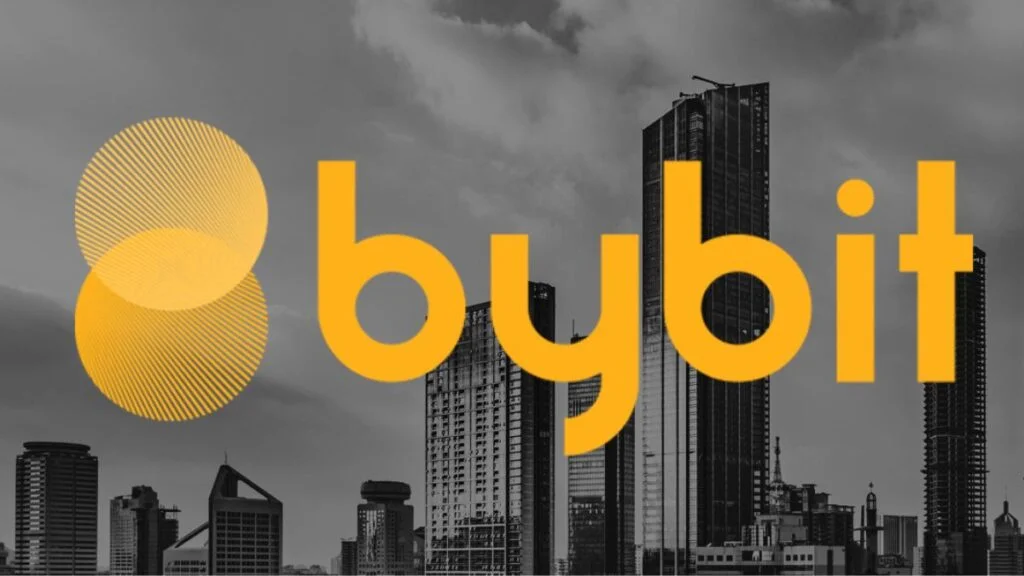The Dubai-based exchange, Bybit released its reserve wallet addresses and now launched a verification system for users to track its holdings.

Following the FTX disaster, the cryptocurrency exchange Bybit has joined the parade of exchanges in the sector striving for transparency. It announced the launch of a Merkle Tree-based proof-of-reserve system on December 12.
Users can directly verify Bybit’s holdings and their own personal assets that they have deposited into the exchange thanks to the new transparency initiative. All users who have monies in their financing and trading accounts, including those who have cryptocurrency holdings in Bybit Earn products, are eligible for the function.
The new capability also makes it possible to confirm that Bybit’s wallet actually owns the assets it holds in a 1:1 ratio. Co-founder and CEO of Bybit, Ben Zhou, offered the following commentary on the application of Merkle Trees in liquidity verification:
“The cryptographic solution brings forth a crypto-native, trustless model of providing verifiable evidence of our on-chain holdings and liabilities…”
The exchange is reportedly improving withdrawals and tightening its risk management processes. Additionally, it promised to make the whole contents of its Bitcoin ($17,019) and Ether ($1,254) wallets public.
The week after the FTX incident started to come to light, on November 16, it already made its reserve wallet addresses public. Numerous of the biggest participants in the sector have introduced such transparency initiatives as customers shift their focus to maintaining the security of their cash and the accountability of exchanges.
Binance was the first to disclose its holdings to the public and make a commitment for a Merkle Tree-based system, which it eventually disclosed. Red flags were revealed in the exchange’s finances, including its business structure, BTC liabilities, and the caliber of its internal controls, when it shared some of its otherwise internal data.
When Huobi and Gate.io shared screenshots of their reserves utilizing borrowed money, two other exchanges also came under fire. While Grayscale claims that security concerns make them reluctant to divulge anything. The co-founder and CEO of Kraken, Jesse Powell, released a statement in which he claimed that without the whole amount of client obligations, all of these efforts to demonstrate reserves are useless.
